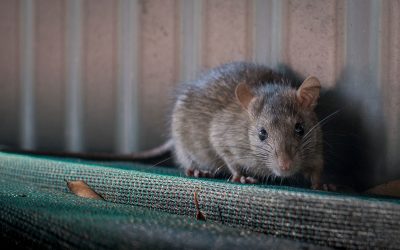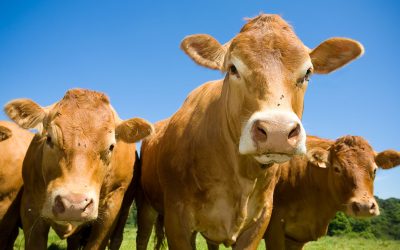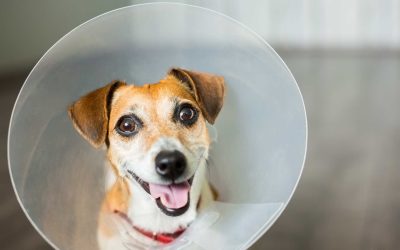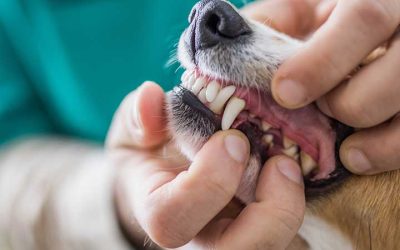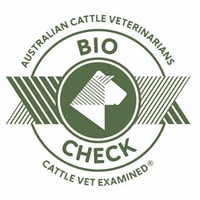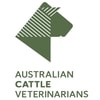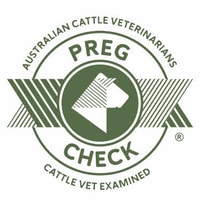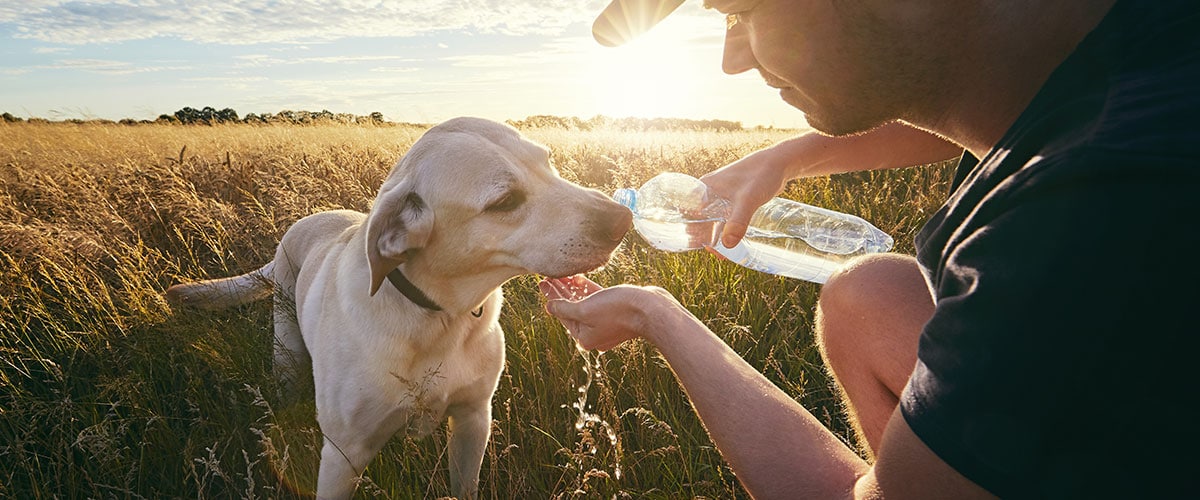
We all love spending quality time with our pets on a hot summer’s day. However, we need to stay vigilant in summer, as the warmer weather can expose our pets to several dangers.
One of these dangers is heatstroke. Heatstroke, or hyperthermia, occurs when your pet’s body temperature rises rapidly. It is a life-threatening condition that requires immediate treatment.
There are several causes for heatstroke, including:
- Being left in a hot car,
- Being left outdoors during extreme heat,
- Not having enough shade and water when outdoors,
- Exercising in hot weather.
It is important to know the signs of heatstroke – even if you avoid all the above.
Your pet may show some or all of the below symptoms:
- Excessive panting,
- Restlessness,
- Drooling excessively,
- Becoming unstable on their feet,
- Their gums turn a bluish-purple or bright red colour.
If your pet is showing any of the above symptoms, you must take them to a vet immediately.
Make sure to cool your pet while you are on your way to see us.
The most effective way to cool your pet is by using a fan or air-conditioning. You can also use a damp towel or a spray bottle filled with water to cool them lightly. It is important not to submerge your pet in ice-cold water, as this could be detrimental to their recovery.
Other warm-weather tips:
- In hot weather, it is also essential to keep your pet’s feet in mind – if the pavement is too hot for your bare feet, it is too hot for your pets! Keep them inside, walk in the shade, or use pet socks/shoes if it’s not possible to keep them off hot surfaces.
- Always ensure there are plenty of cool places with shade and fresh water for your pet to access on hot days. Never leave them unattended in a car, even if the windows are down.
- Before the weather gets too warm, book your pet in for a groom to remove any unnecessary shedding hair, and a trim where suitable. Do not shave your pet’s coat yourself – some breeds require their coats to help regulate body temperature.
- Brachycephalic dogs are more susceptible to heatstroke and can develop serious health issues quickly due to their inability to pant efficiently. If you own a brachycephalic dog (a dog with a flattened face, such as a French or English bulldog, Pug, Boston terrier, Pekinese, Boxer, etc.), please be very mindful of their whereabouts on a hot day, and keep an eye out for any of these symptoms.
If you think your pet is suffering heatstroke, or you want to know more about how to prevent it, call our team today!
RELATED ARTICLES
Rat Bait Toxicity
Take care when choosing rodenticides this winter as it could mean the difference between life or death of your pet. Not all baits are equal in their toxicity and you should always refer to the ingredients listed on the product. There are three key types of Rat Bait:...
Calving – When to intervene
The most common reason for calf losses in the cattle industry are calving difficulties, known as dystocia. In order to recognise dystocia promptly, an understanding of the normal calving process is necessary. The more difficult the calving; the greater the risk of...
Discount desexing
This Winter we are offering our annual 20% off de-sexing’s for both dogs & cats from 1st June to 31st July. If it's something you have been putting off then wait no longer! ADVANTAGES OF DESEXING Reduction in vet bills by reducing the following health conditions;...
The Importance of Dental Care for Your Pet
Did you know that 80% of dogs and 70% of cats over three years of age have some form of dental disease? Dental disease can not only be painful and uncomfortable for pets, but the procedure to clean and remove teeth becomes more complicated and often more costly to...
RELATED
ARTICLES
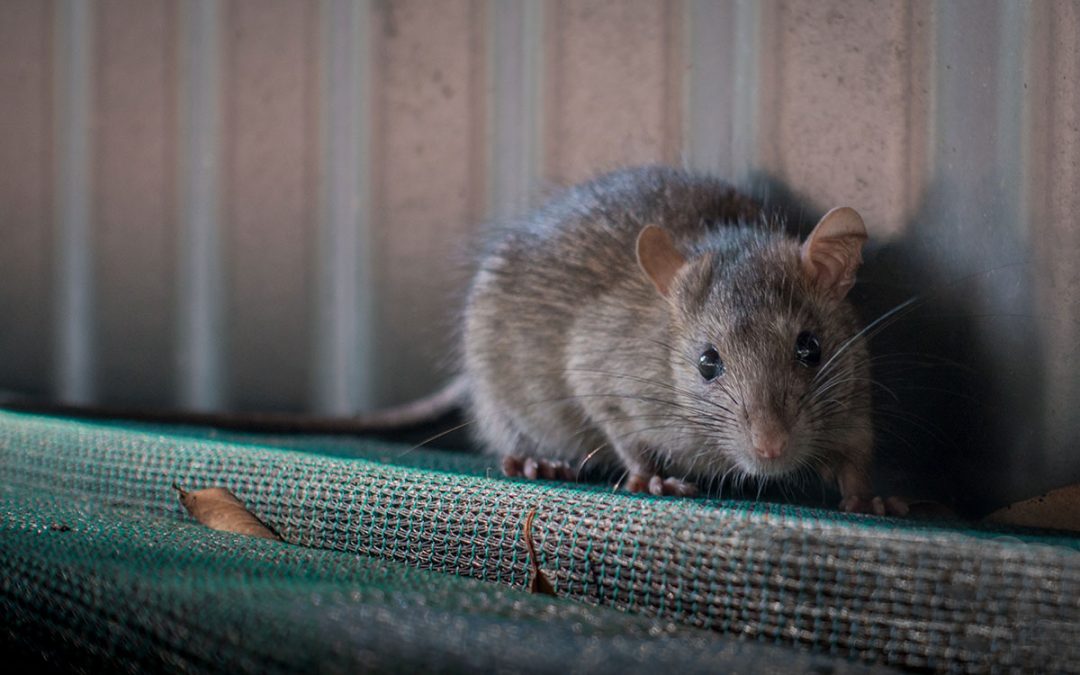
Rat Bait Toxicity
Take care when choosing rodenticides this winter as it could mean the difference between life or death of your pet. Not all baits are equal in their toxicity and you should always refer to the ingredients listed on the product. There are three key types of Rat Bait:...
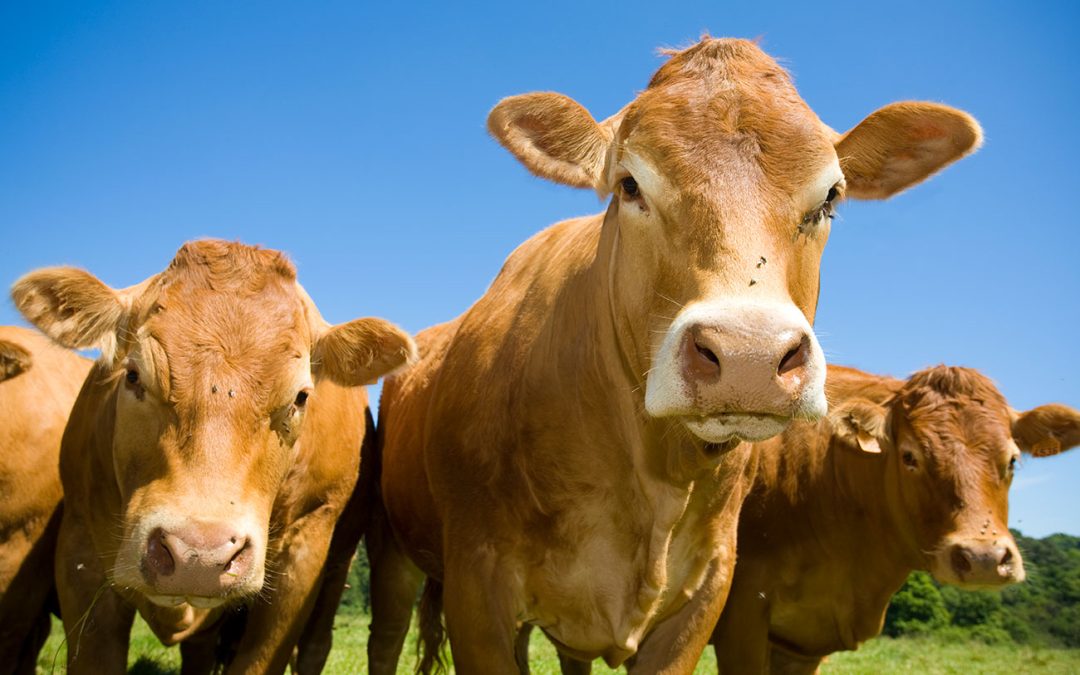
Calving – When to intervene
The most common reason for calf losses in the cattle industry are calving difficulties, known as dystocia. In order to recognise dystocia promptly, an understanding of the normal calving process is necessary. The more difficult the calving; the greater the risk of...
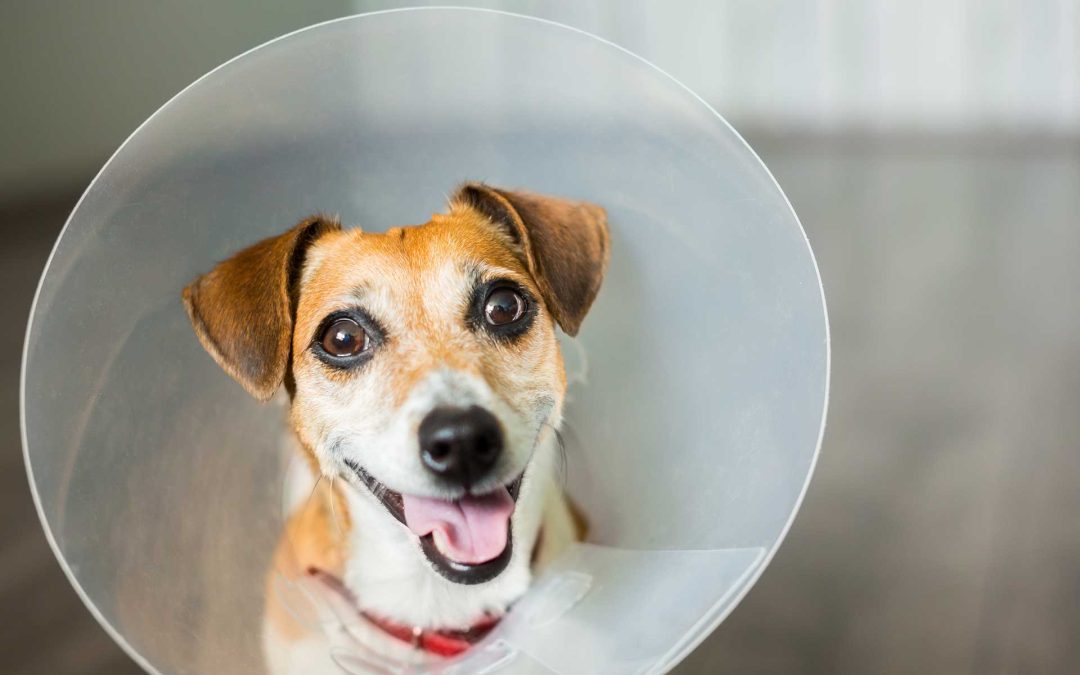
Discount desexing
This Winter we are offering our annual 20% off de-sexing’s for both dogs & cats from 1st June to 31st July. If it's something you have been putting off then wait no longer! ADVANTAGES OF DESEXING Reduction in vet bills by reducing the following health conditions;...
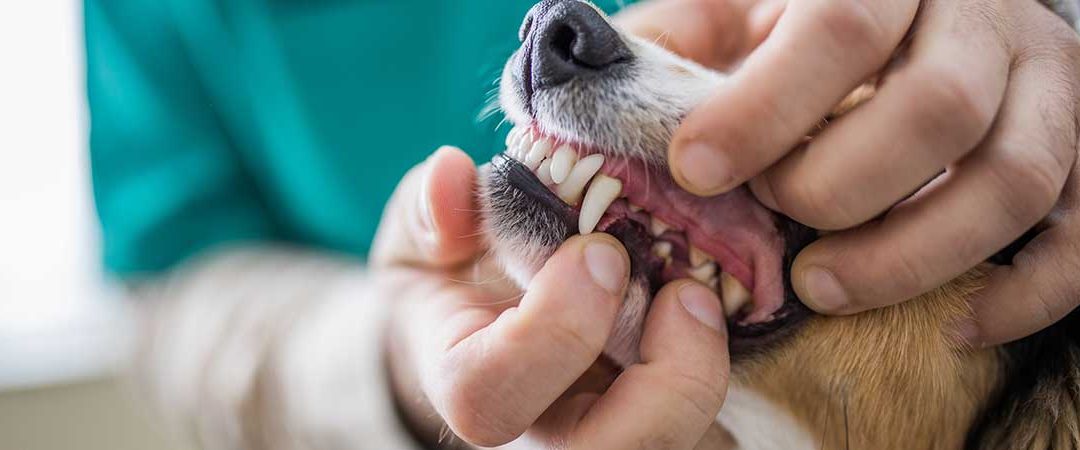
The Importance of Dental Care for Your Pet
Did you know that 80% of dogs and 70% of cats over three years of age have some form of dental disease? Dental disease can not only be painful and uncomfortable for pets, but the procedure to clean and remove teeth becomes more complicated and often more costly to...
Call Us Today To Discuss Your Animal Needs
Business Hours Phone: 07 4693 2233




